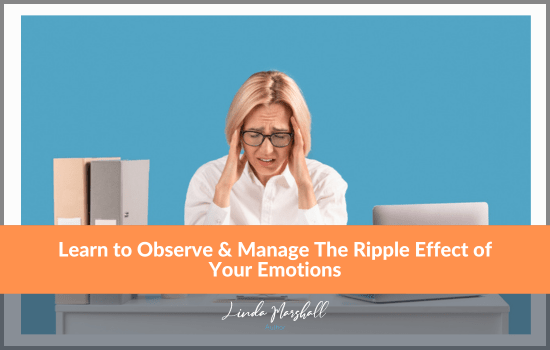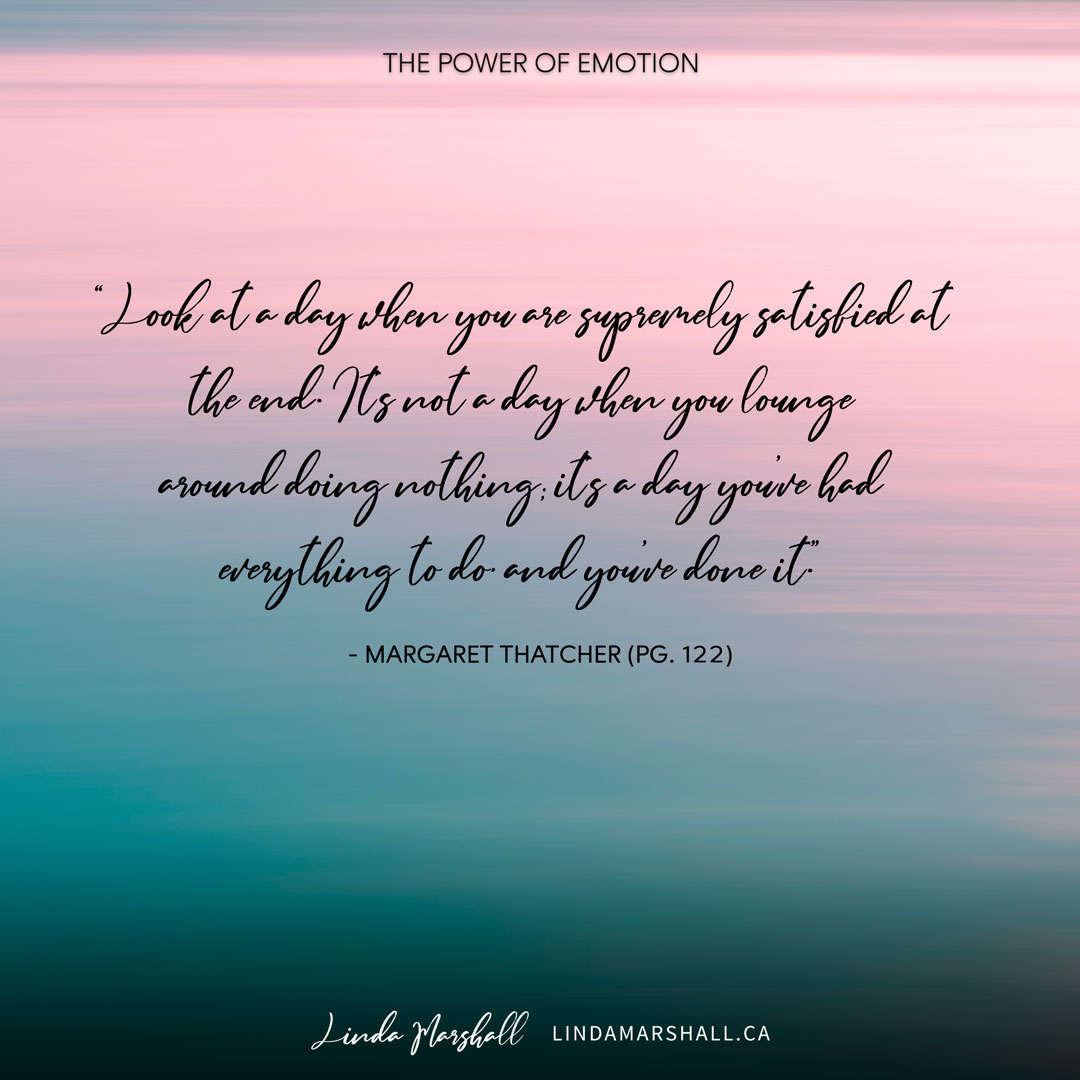Have you ever noticed how emotions impact everything we do, especially our relationships? By wisely managing them, we can reduce negativity and boost our emotional intelligence, enabling us to observe the ripple effects of our emotions and manage emotional contagion effectively.
THE POWER OF EMOTION | CHAPTER 6 | OVERVIEW
Understanding Emotional Waves: How Your Feelings Influence Your Surroundings
 Emotions are powerful forces that shape our experiences, relationships, and overall well-being. Like a pebble tossed into a pond, our emotions create ripples that extend far beyond ourselves, profoundly influencing those around us.
Emotions are powerful forces that shape our experiences, relationships, and overall well-being. Like a pebble tossed into a pond, our emotions create ripples that extend far beyond ourselves, profoundly influencing those around us.
This blog explores the profound impact of your emotions and provides practical tools and insights to effectively manage them. By increasing awareness of your emotional patterns and cultivating mindfulness and intentionality, you can enhance your emotional intelligence. These skills empower you to create positive ripples that enrich not only your life but also the lives of others. Discover practical strategies for emotional regulation and the art of nurturing emotional intelligence. Whether you aim to strengthen relationships, foster a more productive professional environment, or attain greater inner peace, this blog offers valuable guidance and support.
One significant challenge arises when we encounter emotional situations: we often focus on the other person or circumstance instead of ourselves. This tendency can lead us to react to their emotional behaviour, potentially triggering emotional contagion. By maintaining self-awareness and emotional control, we can effectively navigate these challenges, preserving relationships and fostering personal growth.
What is Emotional Contagion?
Emotional contagion occurs when one person's emotions and related behaviours directly trigger similar emotions and behaviours in another person. These emotions and behaviours can be both positive and negative.
We witness examples of emotional contagion regularly but may not recognize them.
Take Time to Pause and Reflect
Over time and with practice, I have learned to stop and breathe when I feel my emotions rising. I prefer to control my emotions instead of allowing them to control me, which happens if we respond without pausing and reflecting on the situation. Emotional intelligence is about balancing emotions and logic. I talk about this more under developing emotional regulation below.
Take the time to ensure your response is rational. Time allows our brains to work through the emotions to deliver a thoughtful reply.
Emotional Contagion Can Be Harmful
When emotional contagion is positive, we welcome it.
For example, when people feel unhappy or unmotivated, having someone transfer positive emotions and behaviour is beneficial. When the emotional contagion is negative, it can be harmful, negatively affecting relationships. This behaviour is often upsetting and can create discomfort with bystanders involved. Read chapter six of my book, The Power of Emotion, to learn more about this.
Reducing the Ripple Effect
We can learn to recognize our emotions and their potential ripple effect. As you increase your emotional intelligence, you will become more familiar with your emotions and how they impact others. This knowledge will prepare you to be more agile with your feelings and will enhance your emotional awareness.
Reducing the ripple effect of our emotions involves a combination of self-awareness, emotional regulation, and effective communication. Here are some strategies to help you manage and minimize the impact of your emotions on relationships:
-
Increase Self-Awareness
-
Practice Mindfulness: Engage in mindfulness exercises to stay present and aware of your emotions as they arise.
-
Reflect on Triggers: Identify specific situations or people that trigger strong emotional responses in you.
-
Keep a Journal: Write about your emotional experiences to gain insights into patterns and triggers.
-
-
Develop Emotional Regulation Skills
-
Breathing Exercises: Practice deep breathing or other relaxation techniques to calm yourself when emotions run high.
-
Pause Before Reacting: Give yourself a moment to think before responding to an emotional trigger to prevent impulsive reactions.
-
Cognitive Reframing: Challenge and change negative thought patterns contributing to intense emotional responses.
-
-
Communicate Effectively
-
Use "I" Statements: Express your feelings using "I" statements to avoid blaming others (e.g., "I feel upset when…").
-
Active Listening: Listen to others without interrupting and acknowledge their feelings.
-
Set Boundaries: Communicate your needs and limits to others to prevent misunderstandings and emotional overflow.
-
-
Build Emotional Resilience
-
Practice Self-Compassion: Be kind to yourself when you experience intense emotions and recognize that everyone has emotional ups and downs.
-
Develop Coping Strategies: Engage in activities that help you manage stress and emotions, such as exercise, hobbies, or spending time with loved ones.
-
Seek Support: Talk to friends, family, or a therapist about your emotions to gain perspective and support.
-
-
Create a Positive Environment
-
Foster Positive Relationships: Surround yourself with supportive and understanding people who contribute to your emotional well-being.
-
Promote a Positive Atmosphere: Encourage open and positive communication in your personal and professional life.
-
-
Continuous Learning and Growth
-
Learn About Emotions: Educate yourself on emotional intelligence and the science of emotions to better understand how they work.
-
Practice Regularly: Make emotional regulation a regular part of your routine to build stronger habits over time.
-
Implementing these strategies can reduce the adverse ripple effects of your emotions, leading to healthier relationships and a more balanced emotional life.
Mastering Emotional Management for Fulfilling Relationships
Emotions shape our experiences and relationships profoundly, influencing our well-being in ways often unseen. Like ripples in a pond, our emotions extend beyond ourselves, impacting those around us in both positive and negative ways.
This blog has explored the profound impact of emotions and provided practical tools to manage them effectively. By increasing awareness of emotional patterns and cultivating mindfulness and intentionality, you can enhance your emotional intelligence. These skills empower you to create positive ripples that enrich not only your life but also the lives of others.
In The Power of Emotion, I discuss strategies to optimize emotional intelligence, emphasizing the importance of observing emotional ripple effects and preventing emotional contagion. By honing these skills, we can navigate emotions skillfully, fostering healthier, more fulfilling connections. For deeper insights and actionable techniques, explore The Power of Emotion to harness the full potential of your emotional intelligence.
This article was originally published on June 22, 2021, and was updated (July 2024).
Get Social With Linda Marshall and Share
INSTAGRAM @LindaMarshallAuthor | FACEBOOK @LindaMarshallAuthor


